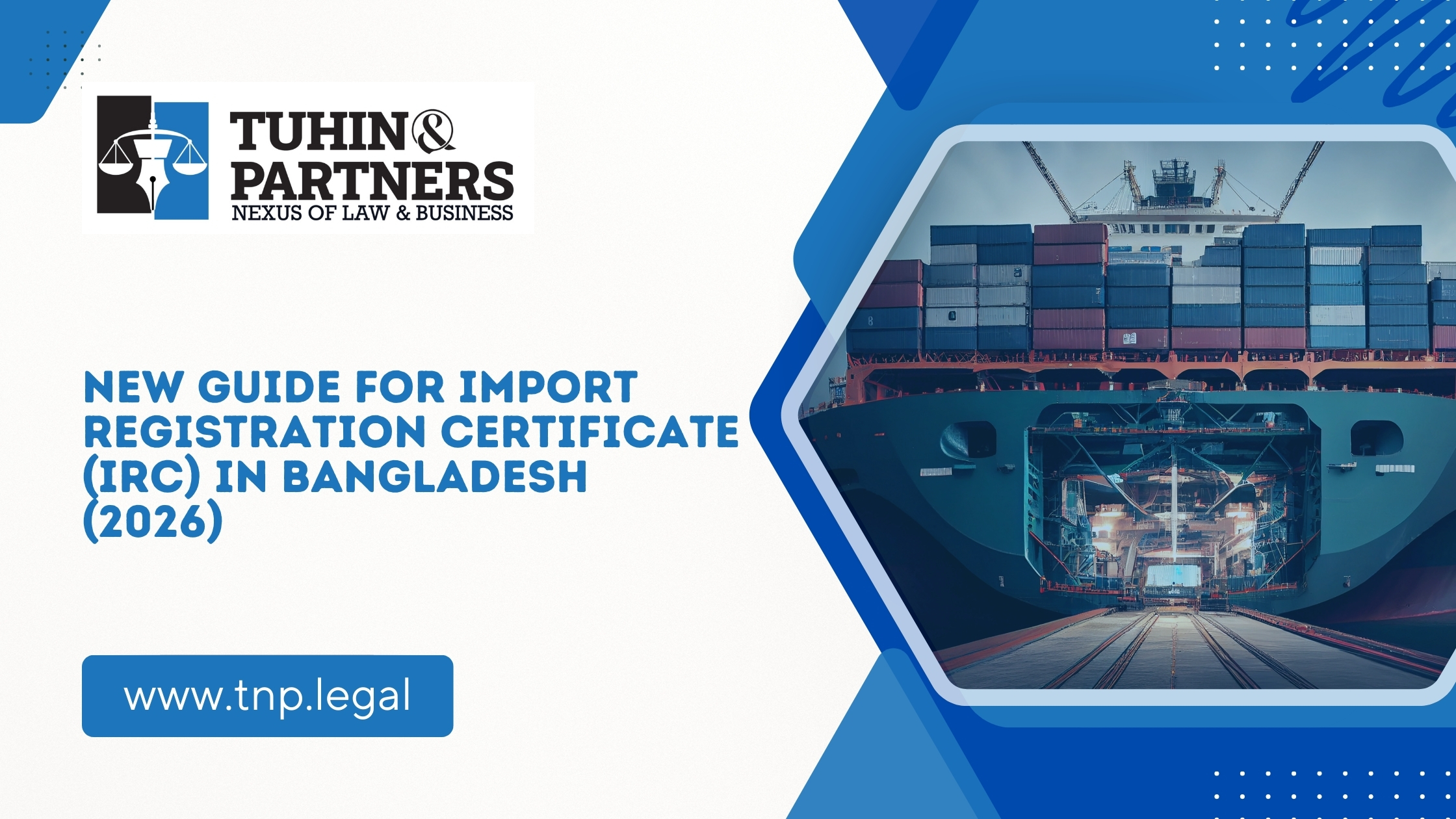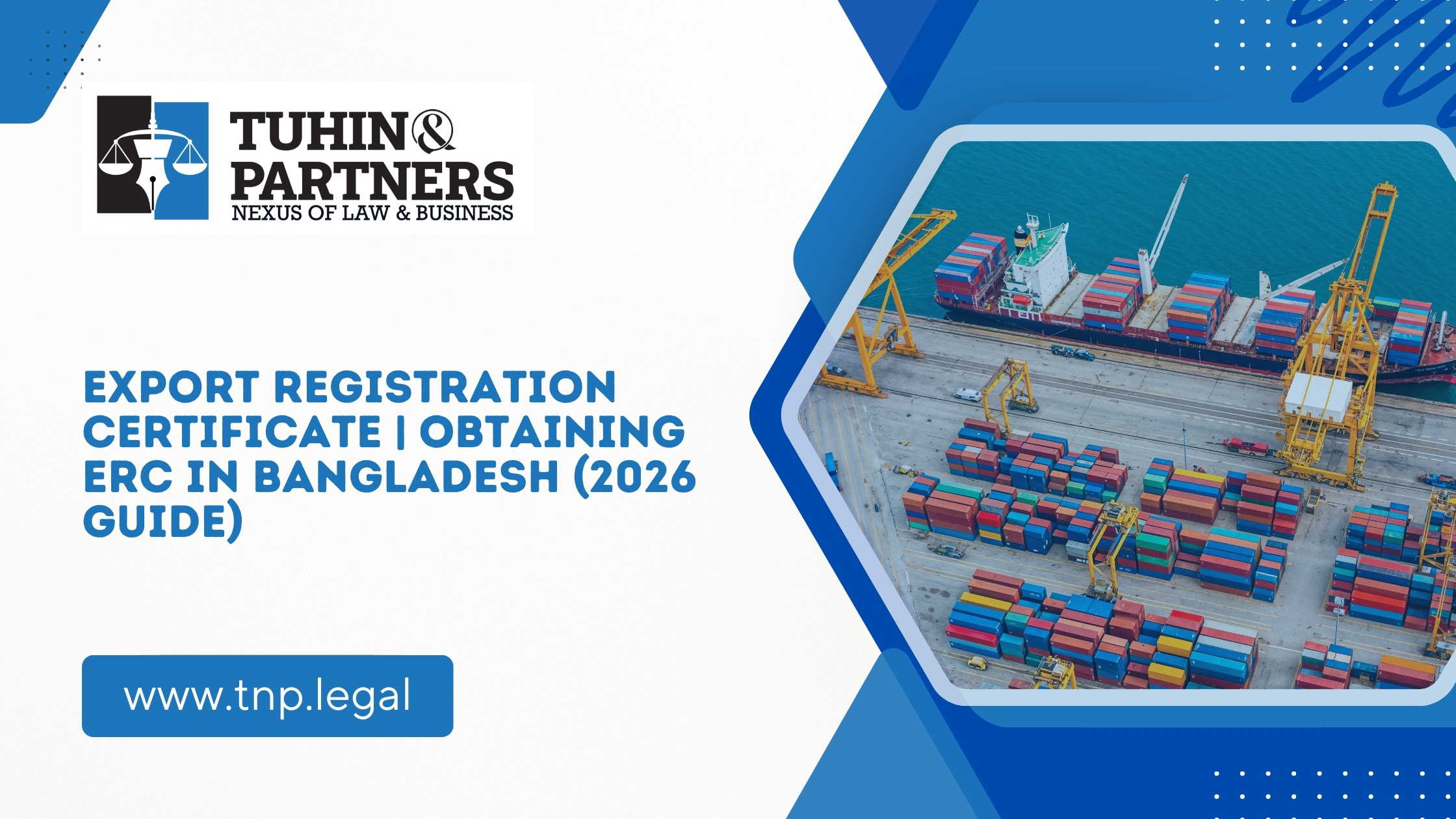Bangladesh has emerged as a strategic hub for regional and global investors, bolstered by rapid economic growth, a vibrant consumer market, and favorable government reforms. To capitalize on its business potential, foreign and local entrepreneurs must understand the regulatory procedures for company registration in Bangladesh.
Understanding the Legal Framework for Company Registration In Bangladesh
The primary legislation governing company registration in Bangladesh is the Companies Act 1994, administered by the Registrar of Joint Stock Companies and Firms (RJSC). A business may be registered as:
- Private Limited Company (Ltd.)
- Public Limited Company (PLC)
- Branch Office
- Liaison Office
- Representative Office
- One Person Company (OPC) (as per recent amendments)
Types of Business Entities in Bangladesh
1. Private Limited Company (Most Common Structure)
- Minimum shareholders: 2
- Maximum shareholders: 50
- Directors required: At least 2
- Capital requirement: No minimum threshold mandated
- Liability: Limited to shares held
- Name suffix: Must end with “Limited”
2. Public Limited Company
- Minimum shareholders: 7
- Minimum directors: 3
- Can offer shares to public
- Must comply with additional requirements under the Bangladesh Securities and Exchange Commission (BSEC)
- Name suffix: Must end with “PLC”
3. One Person Company (OPC)
- Sole shareholder and director
- Capital requirement: Minimum BDT 2.5 million
- Ideal for entrepreneurs seeking sole ownership
- Name suffix: Must end with “OPC”
Step-by-Step Process of Company Registration In Bangladesh
Step 1: Name Clearance from RJSC for Company Registration In Bangladesh
- Visit www.roc.gov.bd and create an account
- Apply for name clearance with at least three name options
- Validity: 30 days from the date of clearance
Step 2: Drafting of Memorandum & Articles of Association
- Memorandum of Association (MoA): Defines the business objectives
- Articles of Association (AoA): Details internal governance
- Form IX, Form XII, Form X: Required statutory declarations
Step 3: Opening a Temporary Bank Account
For foreign shareholders:
- Open an account in the proposed company’s name
- Remit initial paid-up capital (if applicable)
- Obtain Encashment Certificate from the bank
Step 4: Submission of Registration Application
Submit the following to RJSC:
- Name clearance document
- MoA and AoA
- Forms IX, X, XII
- Encashment certificate (if foreign capital is injected)
- Government fees and stamp duty payment proof
Step 5: Certificate of Incorporation
Once documents are verified:
- RJSC issues Certificate of Incorporation
- Company is now legally recognized
Post-Formalities of Company Registration In Bangladesh
After incorporation, businesses must comply with several post-registration steps:
1. Trade License from City Corporation/Municipality
- Apply from the relevant local authority
- Required documents: TIN, MoA, AoA, Incorporation Certificate, lease agreement
2. Taxpayer Identification Number (TIN)
- Register with the National Board of Revenue (NBR)
- Mandatory for opening bank accounts, VAT, and tax filing
3. Value Added Tax (VAT) Registration
- Register with NBR’s VAT Online System (VOS)
- Obtain BIN Certificate (Business Identification Number)
4. Import-Export Registration (if applicable)
- Obtain IRC/ERC from the Office of the Chief Controller of Imports & Exports
5. Enrolment with Relevant Authorities (if applicable)
- Bangladesh Investment Development Authority (BIDA) for foreign investments
- Bangladesh Bank for remittance approval and capital repatriation
Timeline for Company Registration In Bangladesh

Minimum Capital Requirement for Company Registration In Bangladesh
| Entity Type | Minimum Paid-Up Capital | Remarks |
|---|---|---|
| Private Limited Company (Limited) | No legal minimum | Typically BDT 100,000+ for viability |
| Public Limited Company (PLC) | No legal minimum | Must adhere to BSEC requirements |
| One Person Company (OPC) | BDT 2.5 million | Required under latest regulations |
Regulatory Compliance Essentials after Company Registration In Bangladesh
- Annual Return Filing: With RJSC within 18 months from incorporation, then annually
- Statutory Audit: Mandatory for all registered companies
- Tax Filing: Yearly tax return must be submitted to NBR
- Renewal of Trade License: Annually, with updated documents
Foreign Investment and Repatriation Guidelines
Bangladesh allows 100% foreign ownership in most sectors, subject to:
- Registration with BIDA
- Remittance through proper banking channels
- Repatriation of profit/dividend after tax clearance
Prohibited sectors include arms, nuclear energy, and certain tobacco industries.
Common Mistakes to Avoid at the time of Company Registration In Bangladesh
- Not checking name availability before branding
- Failing to prepare MoA aligned with business objectives
- Delays in TIN and VAT registration post-incorporation
- Using incorrect shareholding structures
- Skipping annual RJSC filings
How We Can Help with Company Registration In Bangladesh
Our legal and tax advisory team offers:
- End-to-end company registration support
- Legal drafting of MoA and AoA
- Tax and VAT registration
- Foreign investment structuring
- BIDA, Bangladesh Bank, and sectoral licensing assistance
Conclusion
Registering a company in Bangladesh is straightforward if guided properly through the legal and administrative process. With attractive investment policies and a growing market, Bangladesh presents immense potential for both local and foreign entrepreneurs.
For professional assistance with business registration or compliance matters, contact us today.
FAQs on Company Registration in Bangladesh
How long does it take to register a company?
Typically, 7–10 business days after document submission, excluding post-incorporation steps.
Can a foreigner be a sole director or shareholder?
Yes. A foreign national can be a private limited company's sole shareholder and director.
Is a physical office address mandatory?
Yes. A verified local business address is required for trade license and VAT registration.
What are the mandatory compliance filings?
Annual returns with the RJSC, tax returns with the NBR, audited financials, trade license renewal etc.















